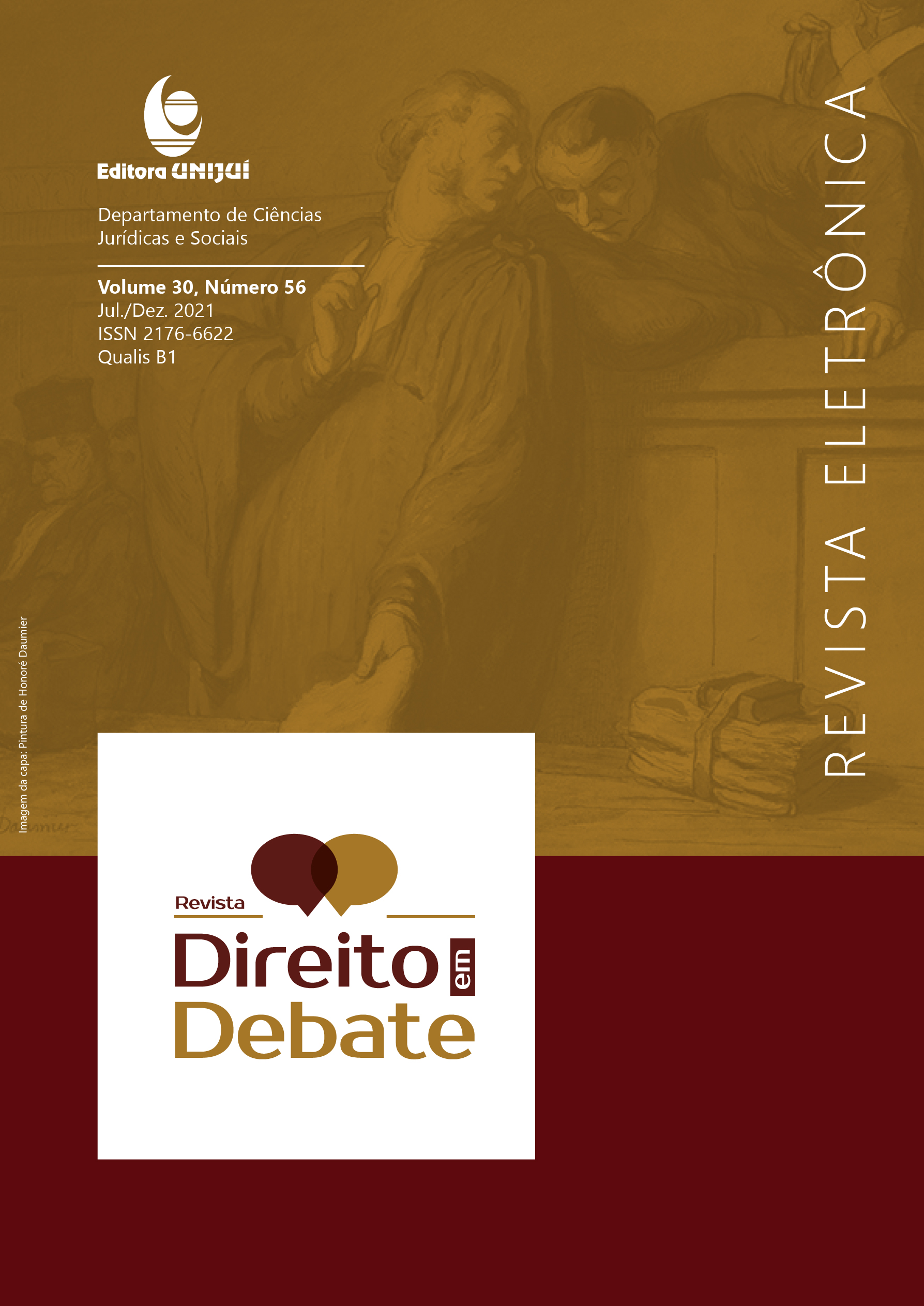PLEA BARGAIN
Theoretical and jurisprudential approaches, the Brazilian case and incursions in Comparative Law
DOI:
https://doi.org/10.21527/2176-6622.2021.56.9359Keywords:
Criminal Association, Plea bargain, Normative dispersion, Utilitarianism, Probative legitimacyAbstract
Abstract: The purpose of this paper is to analyze the institute of plea bargain. This is a qualitative work operationalized by bibliographic and documentary research, with an immersion in comparative analysis. Plea bargain was present at various times in history and it is an institute that carries inaccuracies in both conceptual and classificatory aspects, besides the problem of normative dispersion. In comparative law, Italy is a pioneer in the use of the institute. In Brazil, plea bargain receives treatment from a constitutional, utilitarian and probative perspective. It is, therefore, concluded that Plea Bargain is an evolving instrument, particularly based to its conceptual systematization and normative unification.
Downloads
Published
How to Cite
Issue
Section
License
By publishing in the Revista Direito em Debate, authors agree to the following terms:
Articles are licensed under the Creative Commons Atribuição 4.0 Internacional (CC BY 4.0), which allows:
Share — copy and redistribute the material in any medium or format;
Adapt — remix, transform, and build upon the material for any purpose, including commercial use.
These permissions are irrevocable, provided the following terms are respected:
Attribution — authors must be properly credited, with a link to the license and indication of any modifications made;
No additional restrictions — no legal or technological measures may be applied that restrict the use permitted by the license.
Notices:
The license does not apply to elements in the public domain or covered by legal exceptions.
The license does not grant all rights required for specific uses (e.g., image rights, privacy, or moral rights).
The journal is not responsible for opinions expressed in the articles, which remain the sole responsibility of the authors. The Editor, with the support of the Editorial Committee, reserves the right to suggest or request modifications when necessary.
Only original scientific articles presenting research results of interest, not previously published or simultaneously submitted to another journal with the same purpose, will be accepted.
References to trademarks or specific products are intended solely for identification purposes and do not imply any promotional endorsement by the authors or the journal.
License Agreement (for articles published as of 2026): Authors retain copyright over their articles and grant the Revista Direito em Debate the right of first publication.










